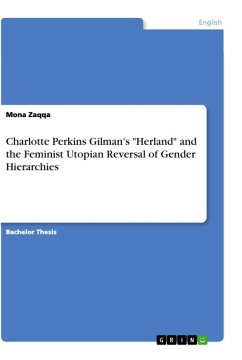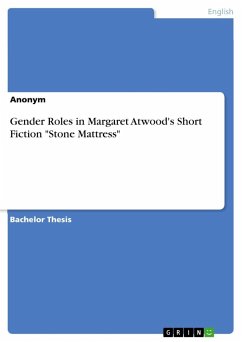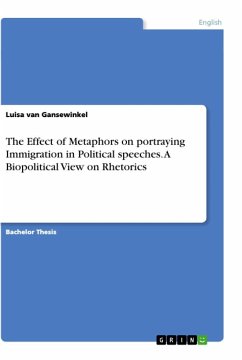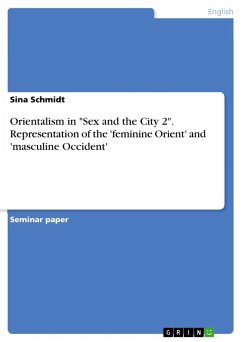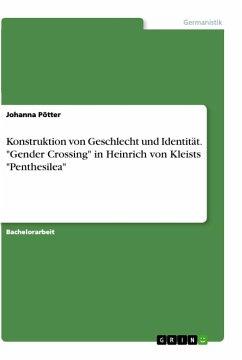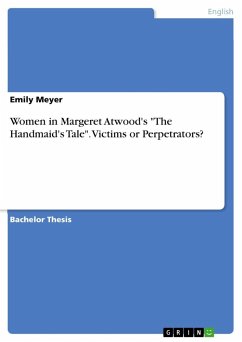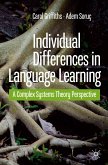Bachelor Thesis from the year 2023 in the subject English Language and Literature Studies - Other, grade: 1,0, University of Cologne (Philosophische Fakultät), language: English, abstract: When the British comedy-drama series Sex Education debuted on Netflix in 2020 (with three further seasons following in 2020, 2021and 2023), screenwriter Laurie Nunn¿s show was welcomed by critics and audiences alike as an innovative addition to the often rather formulaic canon of cinematic teen narratives. This paper will investigate on various levels what role the eponymous [Sex-]Education plays in the series. Education is part and parcel of Sex Education. While telling a story that focuses on the lives of students, parents and teachers of Moordale Secondary School, including [sex-]educational matters in the plot, the show clearly has its own didactics to eventually educate its spectators. On the one hand, conventional educational systems, and mechanisms of socialization such as school, therapy, family, and popular culture are part of the plot, which makes visible the kind of influence these might have on adolescent identity formation. On the other hand, common educational structures are taken and playfully converted. Also, well-known educational hierarchies are mentioned, are deconstructed, and finally re-emerge, their original order reversed. The spectator is presented with the question ¿Who educates who?¿. Normative, conventional forms of relation are often dissolved and new forms of companionship or even kinship are established. The series subjects its protagonists as well as its spectators to dichotomies such as direct/indirect education and conscious/unconscious education and it mirrors the different ways in which education can affect and [de-]construct identity. The series investigates the relation between power and knowledge, ultimately obtained through education, it negotiates questions regarding the place and the way in which people receive and share education and it reveals how ideologies are imparted and how they direct a certain discourse. For my analysis of how Sex Education/[Sex-]Education [de-]constructs identities, educational systems and institutions, uncommon educational structures and the development of the characters and their relations within the diegesis and on a metatextual level, the series¿ didactics will be considered. Recourses to conceptual works by Judith Butler, Kimberley Crenshaw, Donna Haraway, Louis Althusser, and Timothy Shary will be mobilized to conceptualize the manifold role education plays in this show.
Hinweis: Dieser Artikel kann nur an eine deutsche Lieferadresse ausgeliefert werden.
Hinweis: Dieser Artikel kann nur an eine deutsche Lieferadresse ausgeliefert werden.

![[De]constructing Identities in/through Sex Education - Steininger, Anna Zoë [De]constructing Identities in/through Sex Education - Steininger, Anna Zoë](https://bilder.buecher.de/produkte/69/69504/69504084n.jpg)
